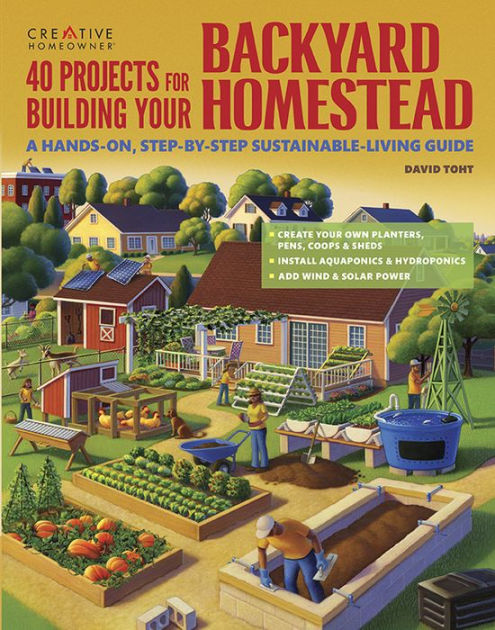Sustainability
Sustainability is a common buzzword these days. For most homeowners, sustainability revolves around energy and food. There is a growing market for real estate within a larger urban market that permits backyard farming or homesteading. Books, YouTube channels and articles abound.
Yet, while there is little objection these days to renewable power generation, sustainable food practices often continue to be at odds with municipal zoning goals.
Campton Hills is perfectly positioned for homesteading but the current Village administration is determined to stop it. But it doesn’t have to be that way. Cities and suburbs around the country (and the world) are leading the way.

The City of Chicago has no ordinances prohibiting backyard farming and addresses concerns with a broad nuisance ordinance. One of the nation’s cities at the forefront of urban agriculture is Seattle, Washington. Seattle has implemented many programs and ordinances permitting and aiding in the implementation of backyard agriculture. Seattle puts a heavy focus on local food initiatives including, “growing, harvesting, processing, packaging, transporting, distributing, buying and selling, cooking, eating, disposing of waste.”
Other cities, suburbs and villages around the country are making changes to accommodate this growing movement. Although the Village reminds us that most of the smaller towns around us are restrictive, that is exactly why permissive policies in Campton Hills makes each parcel more desirable and valuable.
These are just a few links to articles and scholarly papers about this exciting movement!
How To Be a (Suburban or Urban) Homesteader
Plants and Policies: How Urban Farming is Transforming Citie – Aurora University
Overcoming Barriers to Cultivating Urban Agriculture – Real Estate Law Journal